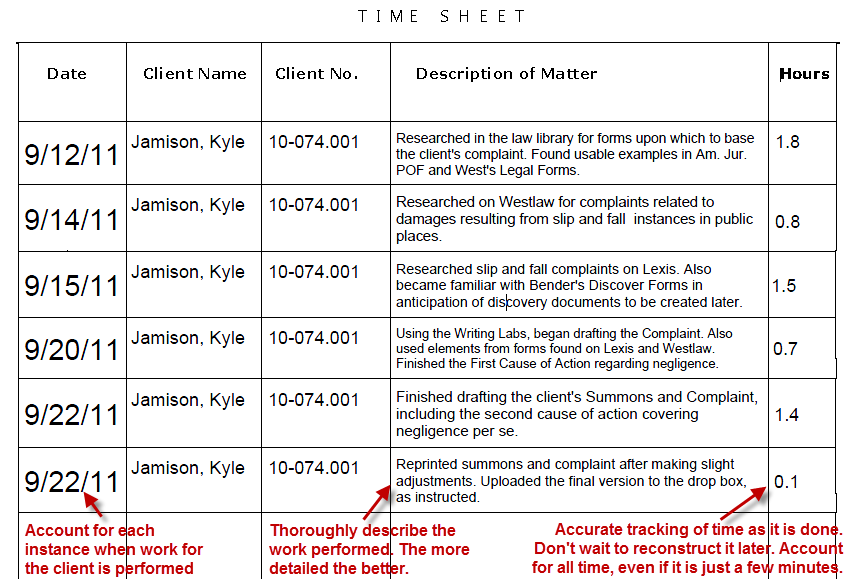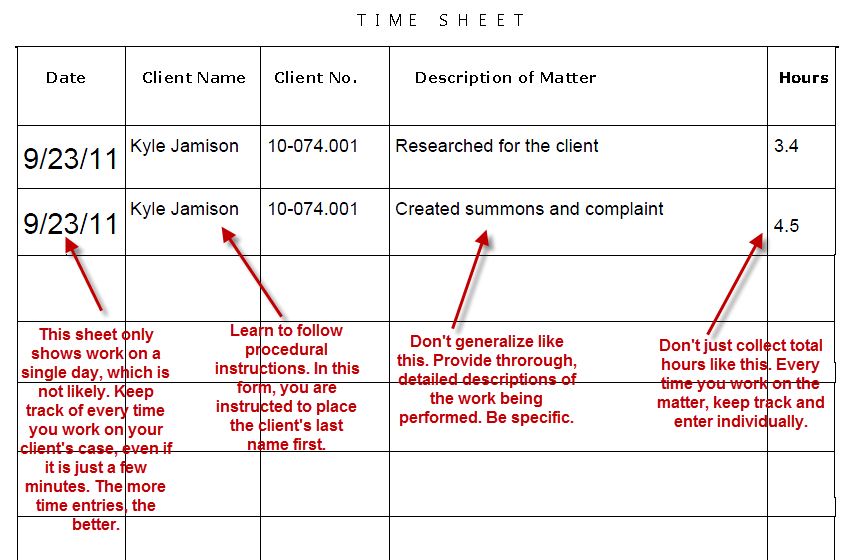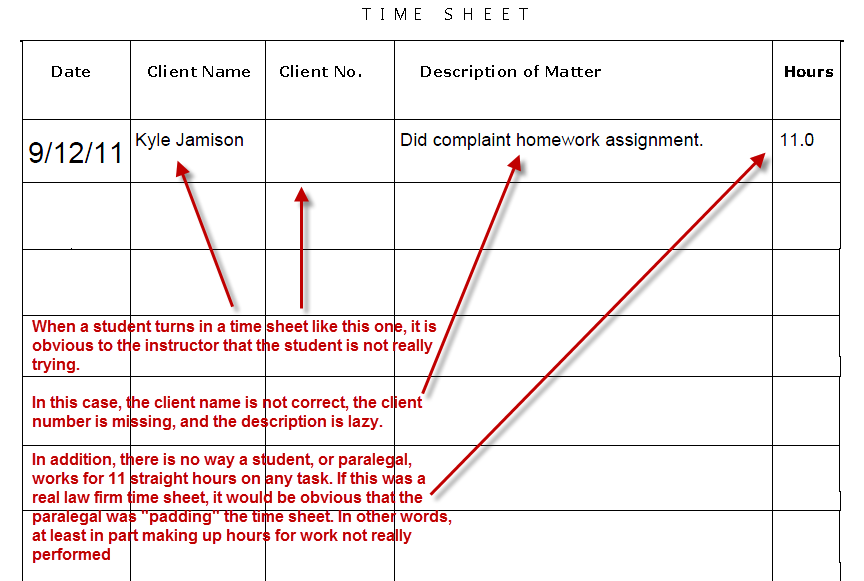Where You Have Been

The average student spends
including the Writing Lab
in importance for exam preparation
6.8a
Discovery: Interrogatories
-
Segment ProgressBar

INTRODUCTION
For each discovery device, we provide general commentary, how to respond, specific techniques, and an example of the document.
Interrogatories are a good place to start when drafting discovery documents. In fact, if you have done a good job of drafting your "interrogs," your later discovery documents will be much quicker to create. That's because one of the best uses of Requests for Admissions and Requests for Production is to use them to corroborate the potential answers from some of the interrogatories.
For example, assume this is one of your Interrogatories:
15. On the night of the bachelor party, how much and what did you have to drink?
A corroborating Request for Admission might be:
3. Admit or Deny that you had multiple alcoholic drinks on the night of the bachelor party.
A corroborating Request for Production might be:
2. Please provide any and all receipts to which you have access, paper or electronic, on the night in question from the restaurant or bar where the bachelor party took place.
In addition, a good set of Interrogatories can morph into deposition questions, or eventually examination questions at trial. Interrogatories are, in some ways, foundational to the discovery process.
As you can see, the Interrogatories, if well crafted, can provide the basis for much of the discovery process, and more.
Lecture Notes . . .
THE BROADEST DISCOVERY TOOL
Interrogatories are the broadest, and most frequently used, discovery tool. As mentioned in the manual, they are the big net of the discovery process.
Parties are usually limited in the amount of interrogatories they are allowed to send (usually 40).
Try not to ask questions that can just be answered with a "yes" or "no." These are unproductive and elicit the least amount of information. Just rephrase the question, or ask it in a form that includes follow-up information (without asking a completely separate question, which could use up one of your interrogs).
Example of an INCORRECT interrogatory:
Did you drink alcohol within 2 hours of driving your car on the night of June 12, 2011?
Examples of CORRECTED versions of the above interrogatory:
How much, and what specifically, did you have to drink within 2 hours of driving your car on the night in question?
or...
Did you drink alcohol within 2 hours of driving your car on the night of June 12, 2011, and if yes, what specifically did you drink and how much?
Commonly Asked Questions . . .
If the tool below does not function properly in your browser, click here to open in a new window.<
Reference . . .
Click Here for a Demonstration of Discovery DocumentsTextbook Exercise Answers

Do not view the answers until after you have attempted the exercise.
The Good, The Bad, and The Ugly Time Sheets
You are required to keep track of your billable hours when working on legal research and writing assignments and to turn them in with your written assignments. Click on the examples of Time Sheets below to zoom in and compare. Yours should look like the Good example.

Legal Writing Lab
It is recommended that you use the Legal Writing Labs when you are creating your documents. The Labs allow you to work on the written assignment online while receiving both text-based and audio guidance for every step of the process. JUST CLICK HERE!



